Since the beginning of the year, oil prices have fallen by more than 10%. Will OPEC+ continue to reduce production to push oil prices up again?
World oil prices
OPEC+ is meeting in Vienna, Austria, to discuss its production policy. Sources told Reuters that the group is considering a further production cut of up to 1 million barrels per day. If this decision is made, together with the voluntary production cut of 1.6 million barrels per day at the meeting in April and 2 million barrels per day at the end of last year, the total OPEC+ production cut will reach 4.6 million barrels per day, equivalent to 4.5% of global demand.
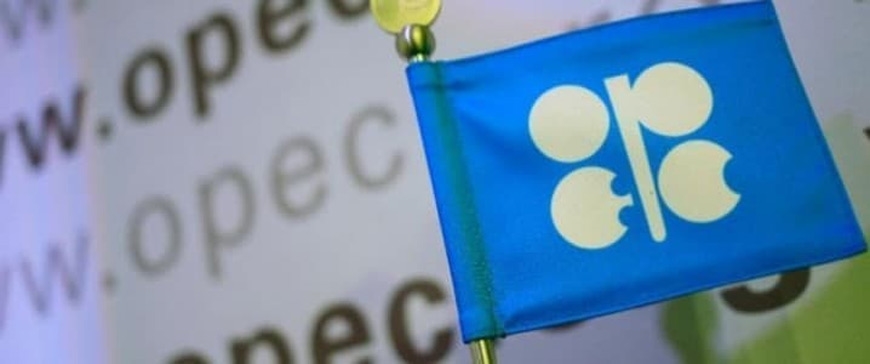 |
| OPEC+'s decision will affect the increase or decrease of oil prices. Illustration photo: Oilprice |
This OPEC+ meeting takes place in the context of oil prices rising sharply again after the US Congress approved a debt ceiling agreement to prevent the risk of default in the world's largest oil consuming country and the possibility that the US Federal Reserve (Fed) will pause its interest rate hike cycle after more than a year of "hot" increases to curb inflation.
Although oil prices rose in the last two sessions of the week, a sharp drop in the previous session due to concerns about a global financial shock if the US Senate fails to pass a debt ceiling bill caused oil prices to fall about 1% for the week, breaking a two-week winning streak.
Since mid-April, oil prices have fallen more than 12%. As of now, Brent crude is trading at $76.13 a barrel, while WTI crude is at $71.74 a barrel. Both benchmarks are far below $80 a barrel. Many analysts still believe that oil prices will continue to fall amid weak demand and weak supply.
Weak economic growth in the US and China, the world's two top oil consumers, has dampened the outlook for fuel demand. The East Asian nation's uneven economic recovery and concerns about a potential US sovereign debt default have weighed on oil prices despite OPEC+'s shock decision to cut production.
To restore oil prices, OPEC+ needs to cut production further. Last week, Saudi Arabia's Energy Minister warned speculators betting on lower oil prices to "watch out" for losses. This warning was understood to mean that OPEC+ would continue its policy of further production cuts. But Russia stressed that the production policy would remain the same. These conflicting opinions have caused the oil market to "fluctuate" in many trading sessions.
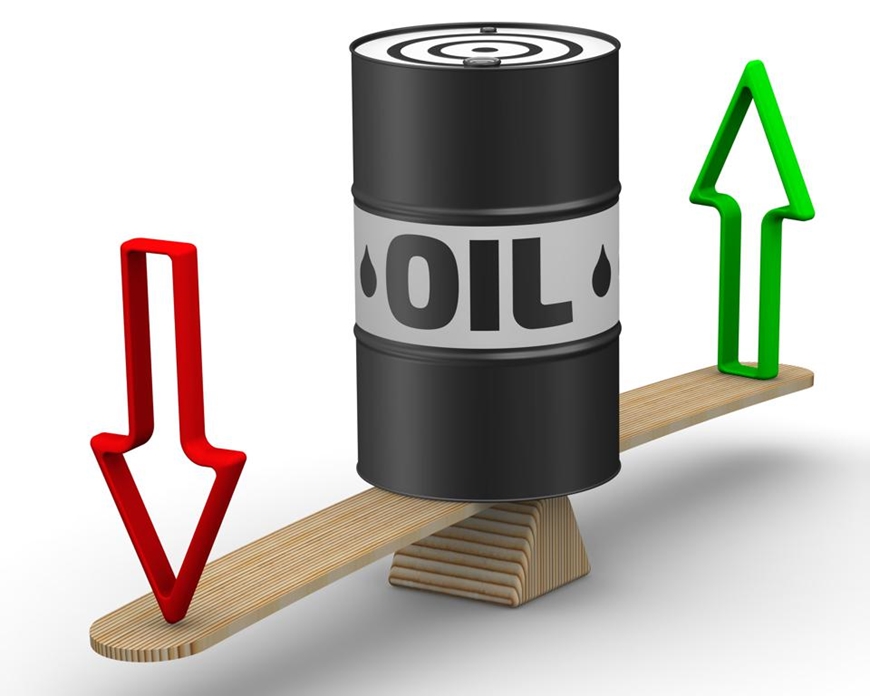 |
| Will gasoline prices continue to increase in the last two sessions of the week? Illustration photo: Getty Images |
“Nobody wants to short crude oil going into the OPEC+ meeting this weekend. Traders should never underestimate what Saudi Arabia will do and take advantage of during OPEC+ meetings,” said Edward Moya, senior market analyst at data and analytics firm OANDA.
Will oil prices accelerate or “cool down”? The answer will be revealed today (June 4) when OPEC+, the group supplying about 40% of the world’s crude oil, decides on its production policy.
Domestic gasoline prices
Domestic retail prices of gasoline on June 4 are as follows:
E5 RON 92 gasoline is not more than 20,878 VND/liter. RON 95 gasoline is not more than 22,015 VND/liter. Diesel oil not more than 17,943 VND/liter. Kerosene not more than 17,771 VND/liter. Fuel oil not exceeding 14,883 VND/kg. |
MAI HUONG
Source



![[Photo] Prime Minister Pham Minh Chinh chairs the Government's online conference with localities](https://vphoto.vietnam.vn/thumb/1200x675/vietnam/resource/IMAGE/2025/10/5/264793cfb4404c63a701d235ff43e1bd)

![[Photo] Prime Minister Pham Minh Chinh launched a peak emulation campaign to achieve achievements in celebration of the 14th National Party Congress](https://vphoto.vietnam.vn/thumb/1200x675/vietnam/resource/IMAGE/2025/10/5/8869ec5cdbc740f58fbf2ae73f065076)


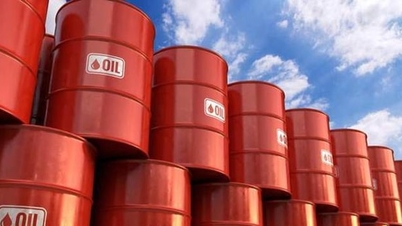

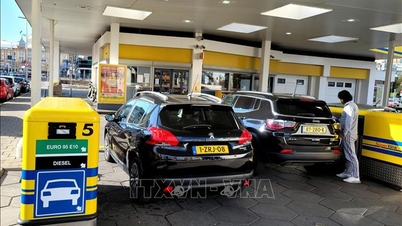

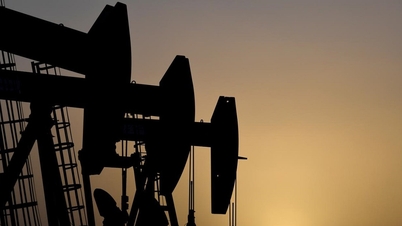




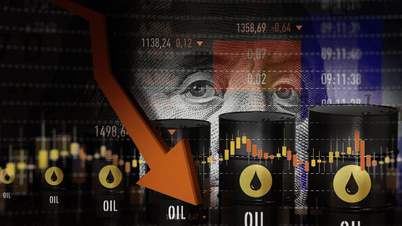











































![[VIDEO] Summary of Petrovietnam's 50th Anniversary Ceremony](https://vphoto.vietnam.vn/thumb/402x226/vietnam/resource/IMAGE/2025/10/4/abe133bdb8114793a16d4fe3e5bd0f12)

![[VIDEO] GENERAL SECRETARY TO LAM AWARDS PETROVIETNAM 8 GOLDEN WORDS: "PIONEER - EXCELLENT - SUSTAINABLE - GLOBAL"](https://vphoto.vietnam.vn/thumb/402x226/vietnam/resource/IMAGE/2025/7/23/c2fdb48863e846cfa9fb8e6ea9cf44e7)















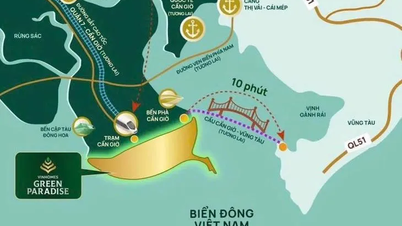



















Comment (0)